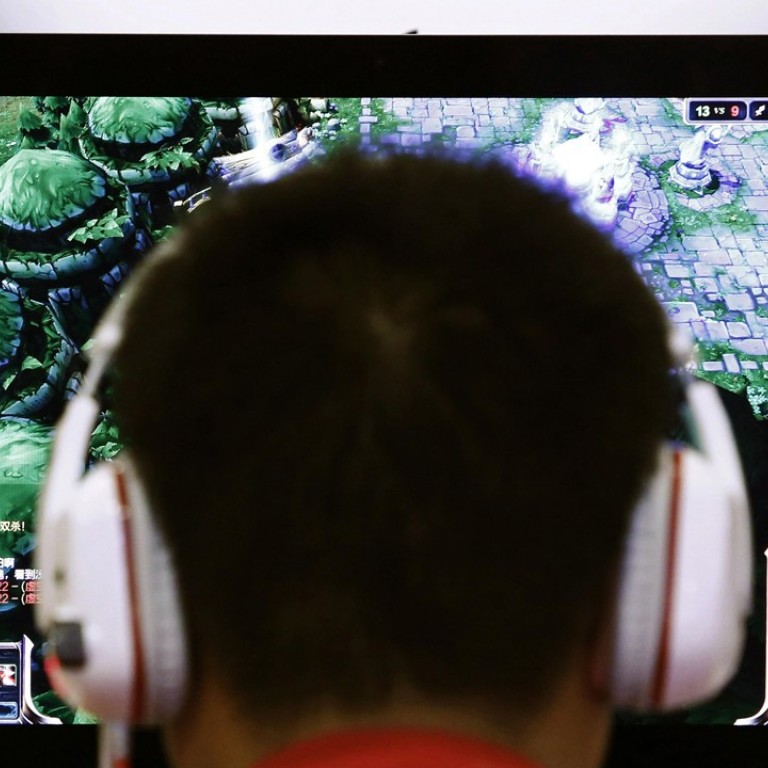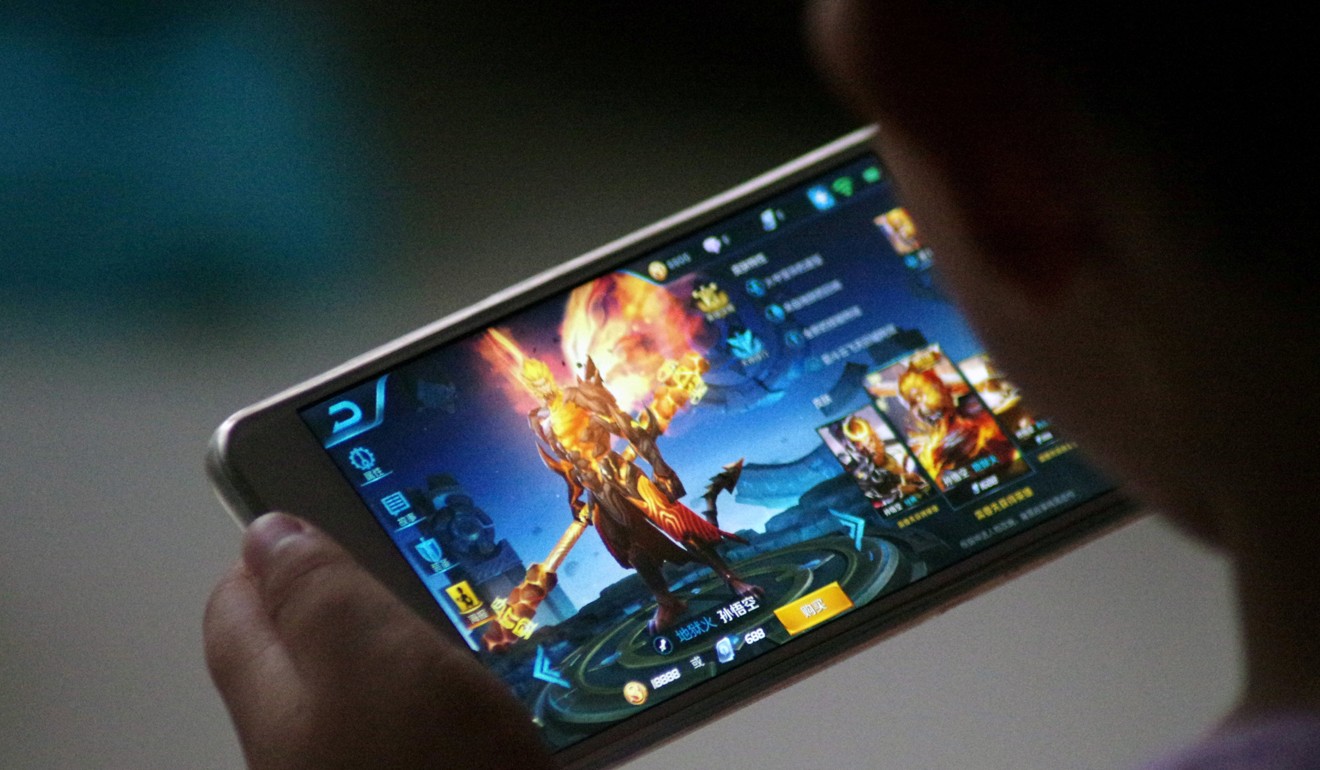
The darker side of computer gaming is beginning to emerge in Hong Kong’s schools
Addiction grips city’s toddlers, and tempts young Hongkongers into an unreal, unsupervised world beyond the reach of parents, teachers and psychologists
In recent years, gaming has become a daily staple for a number of children. As a recent South China Morning Post article highlighted, a University of Hong Kong study has shown that the city’s children are exposed to more screen time than their peers in mainland China or the United States, with kindergarten children’s risk of developing behavioural problems increasing by a staggering 44.4 per cent for every extra hour a day watching television.
Is it time for Hong Kong educators to start addressing the epidemic that is sweeping the city: excessive gaming and screen time? The president of Hong Kong’s Psychotherapy Society and a psychologist at Central Health, John Shanahan, believes that the addiction can start as early as toddlers and early years.
“Parental modelling of technology use is vital; babies and toddlers are curious, so constantly seeing their parents on the phone will draw them to their parent’s device,” he says. “If it’s gripping their parent’s attention, it must be something worth playing with.”
The growing trend of seeing children on iPads and phones at dinner or breakfast to keep them entertained is alarming, and is setting a precedent for that child’s future acceptance and reliance on devices. Aside from the visible effects of obesity, whereby children get used to shovelling food in their mouths mindlessly without even noticing what they’re eating, screen time at a young age can also be a predictor of usage in later life. Without teaching appropriate use, psychologists believe that an individual’s screen time increases annually, and by the time a child reaches two or 11, their perceived limits of boundaries will already be established, making it difficult, if not impossible to reverse.
Parental modelling of technology use is vital; babies and toddlers are curious, so constantly seeing their parents on the phone will draw them to their parent’s device
This is not to say that there are no positive uses of electronic devices. They can help stimulation, and if used correctly, where children engage with an electronic device, video games can enhance a child’s critical thinking, their logic, and their cognitive activity. These positives are one of the benefits of modern devices, and are the reason why many schools are moving towards requiring all children to have their own laptop in the classroom. But with a personal laptop, not only comes more screen time, but more independence on the internet, which allows children to access violent games that are often well-beyond their maturity level.
Shanahan believes that educating parents and teachers is vital in combating gaming addictions in children and young adults. Many educators are well-intentioned about encouraging the use of personal devices, but are unaware of just how frequently their children are logging on to gaming sites, and even fewer realise quite how violent some of the games can be.

The more sinister side to Hong Kong’s gaming culture is starting to become increasingly apparent. Although there isn’t any evidence to suggest that playing violent video games leads to violence itself, there is research to suggest that excessive video gaming can alter one’s morality and can alter one’s ability to tell right from wrong. With virtual reality becoming ever more popular, thorough studies have yet to be done on the effects of young children who play violent video games transitioning to real life violent acts as they grow up. There is an increasing responsibility on schools to educate teachers on how to spot excessive gaming, and preventing students from having access to these options, but when those at the top are unaware of the extent to which their pupils are gaming, is enough being done to combat it? In such a fast-moving industry, research and studies are often trailing way behind the realities and impacts of the gaming movement.
Whether it’s a bad relationship with one’s parents, being lonely at school, or struggling to fit in, gaming gives the player a control that they can’t experience in their real life
Indeed, the concept of gaming is relatively new, and so the concept of it being an addiction is alien to many older parents and educators. However, as with any other addiction, Shanahan experiences gaming being used as a way of students losing themselves in a false world, where they can forget about their everyday struggles. Whether it’s a bad relationship with one’s parents, being lonely at school, or struggling to fit in, gaming gives the player a control that they can’t experience in their real life. How children treat video games can often be a sign of how they are coping with their home life, and it is a crucial sign for educators and parents to look out for when a child is struggling in their personal life.
So how can educators encourage children to stop becoming reliant and addicted to electronic devices? First and foremost, modelling good practice at home and at school is key. Showing children that engaging with others is a priority, instead of constantly looking at a phone or computer teaches good habits. Secondly, teaching children to show restraint in their length of “screen time”; teaching children to use electronic devices in moderation; and to have the control to turn them off without being forced. Thirdly, making sure that children are gaming for the right reasons; as a treat for doing well in something in reality, not to lose one’s self and to ignore their real-life problems.
